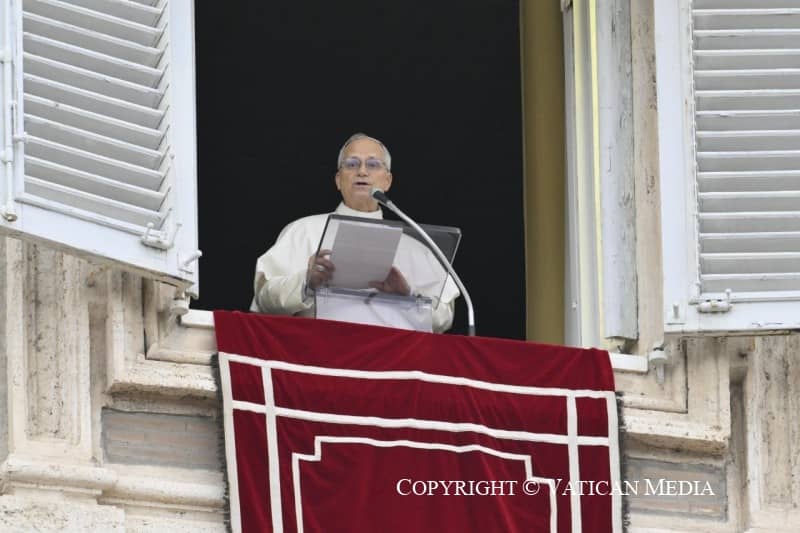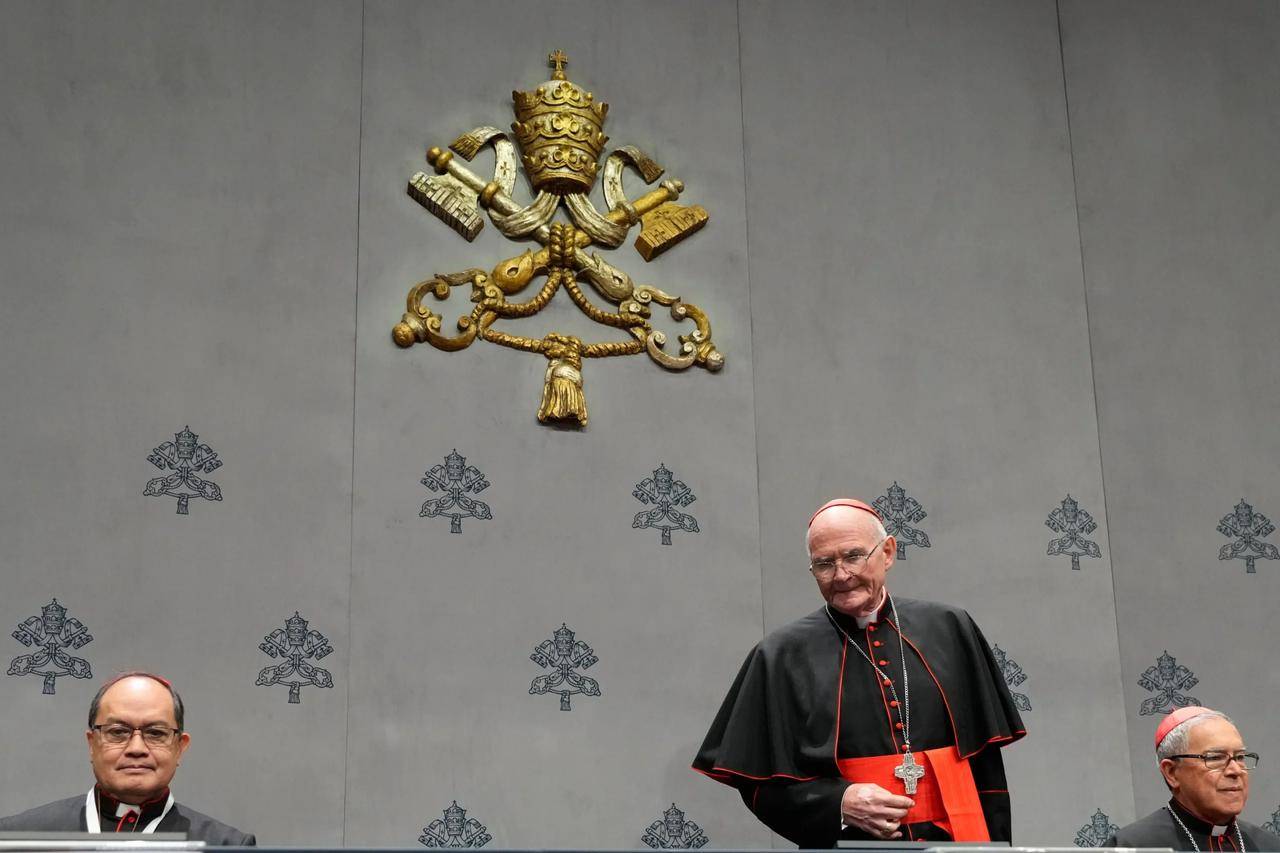ROME – While a veteran Vatican journalist has suggested that the 2019 Synod of Bishops from the Amazonian basin might open the door to the appointment of women as deacons, recent comments from the Vatican’s doctrinal chief imply that is not likely to be the case.
In a July 1 blog post, veteran Vatican journalist Sandro Magister argued that Pope Francis this year has made three major “u-turns” on key topics, noting that the pontiff has not been clear on whether the “reversals” are “definitive and sincere.”
Magister cited Francis’s about-face on Chilean Bishop Juan Barros, who until recently led the Diocese of Osorno, but who resigned in June in the wake of the country’s massive clerical abuse scandal and accusations of cover-up.
He said Francis has also been inconsistent in his positions on intercommunion, saying the pope’s answer to a question about the topic while visiting a Lutheran church in Rome was favorable, whereas in May of this year he shut down a proposal by German bishops to publish guidelines on intercommunion, saying the topic needed further reflection.
Finally, the journalist said that while Francis has expressed personal opposition to the ordination of women to the priesthood, he has allowed senior prelates to vocally express openness to the idea. Magister cited a comment made by Vienna archbishop Cardinal Christoph Schonborn in April, which suggested that the topic of women’s ordination could be considered in an ecumenical council.
On the topic of deacons, Magister cited the working document for the 2019 Pan-Amazonian Synod of Bishops, which says that the synod “must identify what type of official ministry can be conferred on women.”
Based on this text, Magister speculated that the region “will see the ordination of the first women deacons. And then who knows?”
Though Magister seems firm in the idea that the “official ministry” to be addressed at the synod on the Amazon will include the diaconate, the text is not specific about what ministries might include women, making it difficult to determine what sort of roles the synod council has in mind.
Among the Church’s official roles which are likely to be up for discussion during the 2019 meeting are the “ministries” of the lector and acolyte, which are presently open only to men.
At a June 8 press briefing announcing the working document, which is entitled “Amazonia: New Paths for the Church and for an Integral Ecology,” Cardinal Lorenzo Baldisseri, secretary general of the Vatican office of the Synod of Bishops, avoided giving a clear answer to the question of the women participating in some kind of “diaconal” ministry, but offered a clear “no” to women’s priestly ordination.
In comments to the press, Baldisseri said there is a need to “create space for women in the Church at all levels,” but stressed that these spaces “are the ones that the doctrine of the Church teaches and the current discipline.”
The Church, he said, is “very prudent” and will leave it up to the discussion to decide what new ministries and spaces can be created for women in the region, but always in line with “her classic position, her teaching and discipline on priesthood from the Latin Church.”
In the 1994 text Ordinatio sacerdotalis, Pope St John Paul II authoritatively declared “that the Church has no authority whatsoever to confer priestly ordination on women,” saying that priestly ordination “from the beginning always been reserved to men alone.” The document did not explicitly mention deacons.
Buzz about the possibility of ordaining women as deacons first flared up in 2016, when Francis established a Study Commission on the Women’s Diaconate, naming current Prefect of the Congregation for the Doctrine of the Faith, Cardinal Luis Ladaria, as head of the 12-member group.
Since his appointment to the commission, Ladaria has been mostly silent on the issue. However, in comments to the press June 26, the prelate said the group’s job is not to determine whether or not women can be made deacons, but to study what was done in the past.
“It must be said that the Holy Father did not ask us to study whether or not women can be deaconesses,” Ladaria said. “This is not what the pope asked of us, but rather, [he asked us] to try to say in a clear way what the problems are and what the situation was in the ancient Church on this point of the women’s diaconate.”
“We know that in the ancient Church there were so-called deaconesses: what does this mean? Was it the same as deacons, or was it something different? Was it a large, or rather local reality?”
Among the questions studied by the committee are what roles early Churchwomen played as “deaconesses,” and whether the Church understood their commissioning for that role to be equivalent to sacramental ordination.
Ladaria explained that the commission has studied the subject at length and will soon pass their conclusions to the pope.
“So it is not our duty to say: ‘Holy Father, you can ordain deaconesses.’ No, this is not what the pope asked us.”
Whether the topic of the women’s diaconate will be discussed during the 2019 Synod on the Amazon region remains to be seen. And while Magister seems confident of the outcome in this regard, Ladaria appears to have another conclusion in mind.













